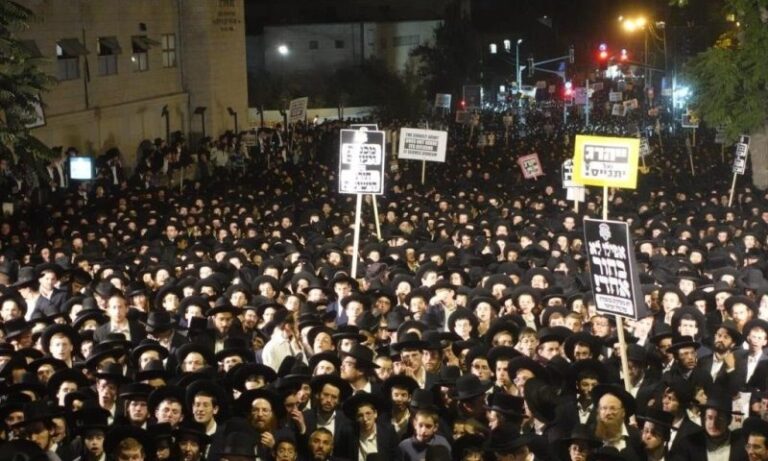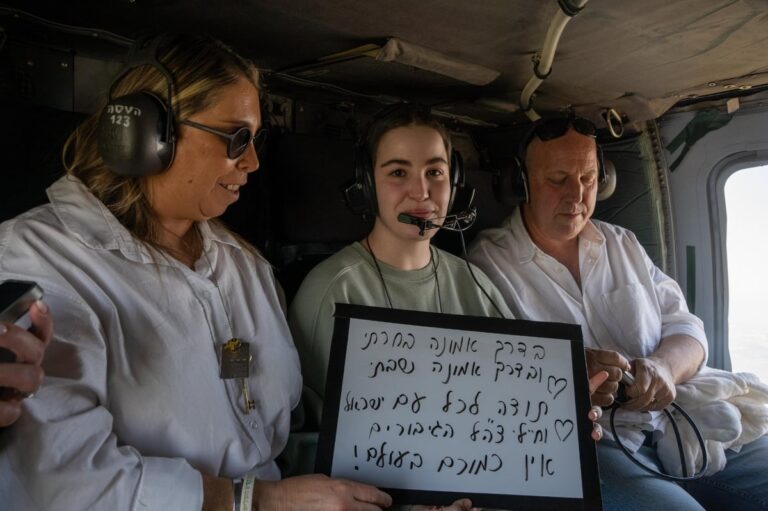Defense attorneys began building on arguments that their clients were lawfully trying to stop burglaries in their neighborhood as they presented their case Wednesday in the murder trial of three white men for the killing of Ahmaud Arbery.
Superior Court Judge Timothy Walmsley denied renewed requests for a mistrial and to grant a directed verdict acquitting all three defendants on murder charges. Defense attorneys argued that the prosecutors’ case was legally insufficient to support convictions.
The prosecution rested on Tuesday after eight days of testimony from 23 witnesses.
Walmsley also denied a request from defense attorneys to ban prominent civil rights leaders and other high-profile visitors from the courtroom and require instead that they view the trial proceedings on a video screen in another room that has been set up for additional spectators as part of COVID-19 precautions.
The Rev. Jesse Jackson sat with Arbery’s parents in the back row of the courtroom Wednesday for the second time this week. Attorneys for the defendants have said Jackson’s presence and that of others who have spoken out in support of convictions in the case could unfairly influence the jury.
“They represent part of a national conversation” on racial injustice that has advocated for “conviction of the defendants,” said Jason Sheffield, an attorney for Travis McMichael, the man who shot Arbery. “And for that reason I do not think they should be present in the courtroom.”
In an interview outside the courthouse during a lunch break on Wednesday, Jackson said that by bringing up the issue of his attendance and that of other Black pastors who have supported the Arberys, the defense attorneys are “looking for a diversion.”
“They don’t want a trial,” he said. “They want a mistrial.”
Jackson reiterated his “hope that the outcome will be one where the jury will condemn the killers, the jury will convict the killers.”
The trial is taking place before a disproportionately white jury at the Glynn County courthouse in the port city of Brunswick.
Father and son Greg and Travis McMichael armed themselves and jumped in a pickup truck to pursue Arbery after he ran past their home from a nearby house under construction Feb. 23, 2020. A neighbor, William “Roddie” Bryan, joined the chase in his own truck, telling police that he tried to run Arbery off the road and then recorded cellphone video as Travis McMichael fired three shotgun blasts before Arbery fell facedown in the street.
Bryan’s attorney, Kevin Gough, argued on Wednesday that Arbery seemed suspicious to his client because he didn’t call out for help as the McMichaels chased him past Bryan’s front porch where Bryan was working.
“Mr. Arbery has the opportunity, before Mr. Bryan even understands what’s going on, to speak and say, ‘Help! Call 911!’”
Gough added: “That doesn’t happen.”
Gough also said Bryan never intended to harm Arbery and never tried to hide his involvement in the pursuit. He noted that Bryan openly shared his cellphone video — the key piece of evidence in the case — with police officers at the scene.
Gough suggested that Arbery was up to no good.
“When Mr. Arbery passes Mr. Bryan’s house, with all due respect, we know why,” he said. “And I think we can all discern that from the evidence.”
Arbery, 25, had enrolled at a technical college and was preparing to study to become an electrician like his uncles when he was killed.
The McMichaels told police they suspected Arbery was a burglar because security cameras had recorded him several times in the unfinished house on their street. Defense attorneys said Travis McMichael opened fire in self-defense after Arbery attacked him by throwing punches and trying to grab his gun.
(AP)











